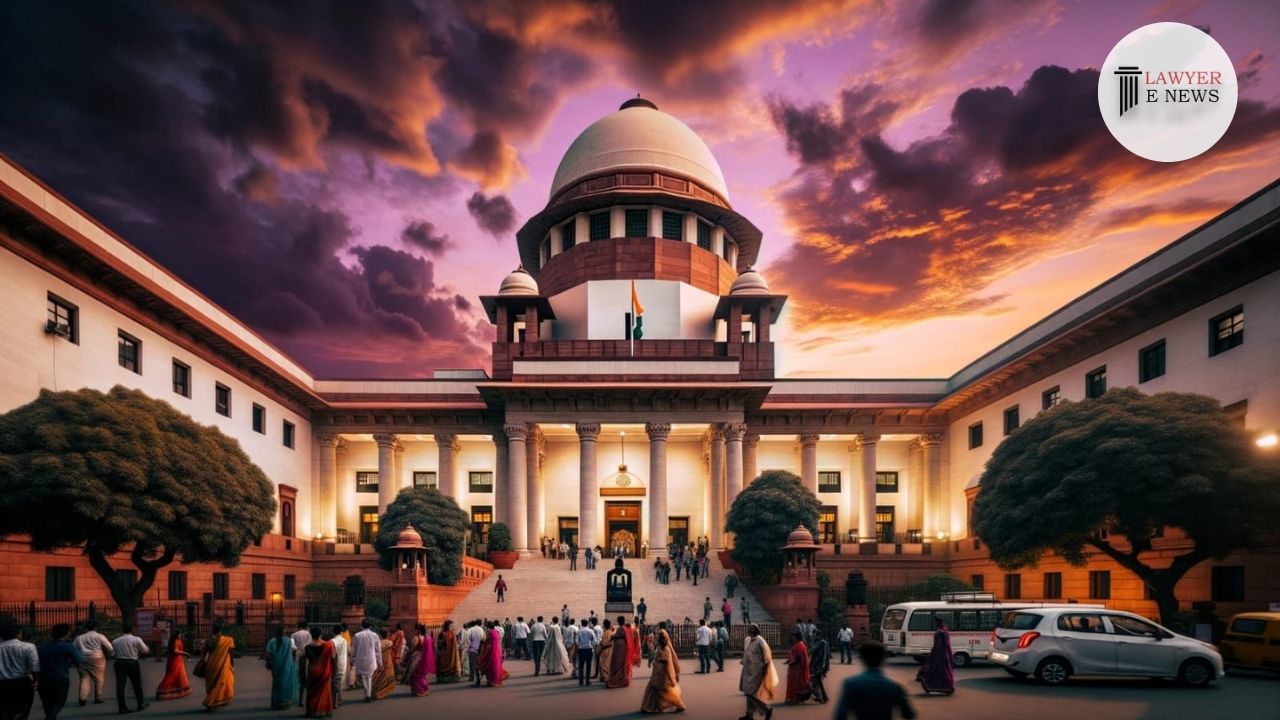-
by Admin
17 February 2026 2:34 PM



In a landmark judgment delivered on July 25, 2023, the Supreme Court of India has clarified that the power to impound passports lies solely with the Passport Authority under the Passports Act, 1967, and not with the police. The ruling came in response to a matrimonial dispute between Chennupati Kranthi Kumar, the appellant, and his wife (4th respondent), where the return of the appellant’s passport was a matter of contention.
The case (Criminal Appeal Nos.1601–1602 of 2023) involved the appellant facing prosecution for various offenses, and the police had called for the submission of his passport during the investigation. However, the Court noted that there was no legal basis for the police to impound the passport in the first place, as the relevant provisions under the Passports Act prevail over Section 104 of the Code of Criminal Procedure, 1973.
“The provisions of the PP Act which deal with the specific subject of impounding passports shall prevail over Section 104 of Cr.P.C.,” the Court clarified, citing its previous judgment in Suresh Nanda v. Central Bureau of Investigation.
The Court further emphasized that if the police exercise their power to seize a passport under Section 102 of Cr.P.C., they cannot withhold it but must promptly forward it to the Passport Authority, which will then decide whether the passport should be impounded.
Additionally, the Supreme Court ruled that the High Court had acted improperly when it imposed conditions on the release of the appellant’s passport, including the requirement to return the passports of his wife and minor son. The Court declared that such a condition was completely illegal since there was no lawful impounding of the appellant’s passport.
“The direction to return the passports of his wife and son as a condition for the release of the appellant’s passport was completely illegal,” the Court stated.
However, the Court did permit the wife (4th respondent) to apply to the concerned Regional Passport Office for the reissuance of her passport, treating it as lost without further proof of loss beyond filing a report to the police. The appellant was directed to provide necessary cooperation in obtaining the passport by providing required documents as per Passport Rules, 1980.
Date of Decision: July 25, 2023
Chennupati Kranthi Kumar vs The State of Andhra Pradesh & Ors.
